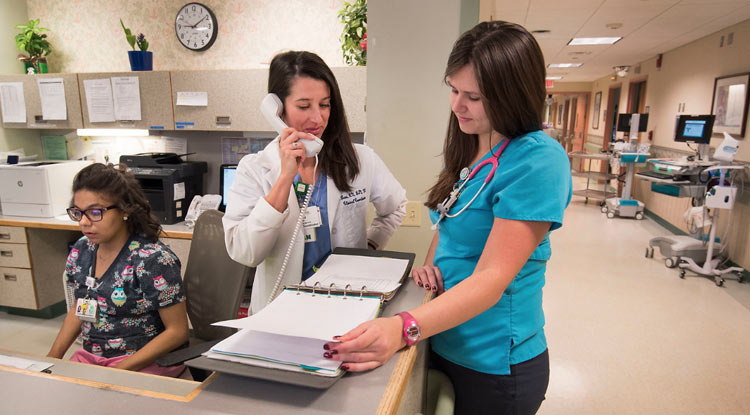A Family Guide to Navigating the Addiction of a Loved One
One of the most difficult situations a family may encounter is navigating the complicated terrain of addiction. Family members frequently feel overwhelmed and powerless in the face of their loved one’s addiction due to the emotional upheaval, uncertainty, and fear that accompany addiction. Families looking to assist their loved ones on the road to recovery must have a thorough understanding of addiction, its effects, and the available resources. This guide aims to provide insightful advice and practical methods to help families manage addiction and create a nurturing atmosphere for recovery and growth.
Understanding the Nature of Addiction
A complex disorder, addiction impacts not only the individual but also their loved ones. It is characterized by obsessive substance use despite negative effects that alter brain chemistry and behavior. Although many individuals view addiction as a moral failing or a choice, it is a chronic illness with treatment and continuous support necessary. Families have to educate one another about the nature of addiction, which encompasses physical, psychological, and social aspects. Understanding the various components of addiction, including genetics, mental health problems, and environmental influences, allows families to tackle the situation with empathy and patience. A sympathetic awareness of the fundamental problems promotes open dialog and helps eliminate stigma, thereby creating more favorable surroundings for rehabilitation.
Recognizing the Signs of Addiction
It can be difficult to identify early indications of addiction in a loved one, especially since many of the behaviors may be dismissed as typical teenage rebellion or stress-related behaviors. Typical signs include changes in mood, disengagement from family events, disregard of responsibilities, and physical changes, including weight fluctuations or hygiene neglect. Behavioral symptoms might manifest as unexpected financial problems, more solitude, or covert activity. Families need to be watchful and recognize these changes in order to act appropriately. Open and honest conversations can help you express your concerns without being confrontational, which can often push the individual away. Establishing a secure environment for communication can be important so that loved ones may express their feelings and thoughts free from judgment.
Building a Support System
The journey to recovery is rarely taken alone; thus, establishing a strong support system is critical for both the addict and their family members. Support groups may provide families with helpful resources and a network of others dealing with the same situations. These groups offer emotional support, knowledge about addiction, and coping skills to cope with the stress and uncertainty that can accompany a loved one’s addiction. Apart from social support, professional therapy can provide households with the direction required to negotiate their feelings and promote better communication patterns. Creating a recovery-friendly environment requires establishing boundaries while maintaining unconditional love and support.
Exploring Treatment Options
Understanding the variety of options for treatment available is essential when it becomes clear that a loved one needs expert assistance. Treatment programs can range from outpatient therapy to inpatient care, with some people benefiting from the structured environment provided by rehab centers. Conducting an online search with terms like ‘Drug Rehab Center in Massachusetts’ will reveal a variety of facilities that provide customized programs designed to address individual requirements. Each person’s journey through rehabilitation is unique; hence, treatment strategies should be customized to fit individual requirements. In order to help their loved ones stick with the program and support them along the way, families need to remain actively involved in the treatment process. One should emphasize that setbacks are inevitable in the healing process and that rehabilitation is a long-term commitment. The family’s help at this period might significantly boost the likelihood of successful long-term sobriety and recovery.
Fostering Long-Term Recovery and Healing
After treatment is over, the journey continues; family members must continue to support and understand to promote long-term recovery. Establishing a home atmosphere that promotes practices and communication is essential. This might include helping in family therapy sessions, creating wellness-oriented shared objectives, and creating routines, including physical activity. Families could also inspire their loved ones to participate in community events or support groups, thereby strengthening relationships that help personal development and sobriety. One must be aware of the possibility of relapse and ready to respond with understanding and assistance instead of blame or anger. Emphasizing that recovery is a lifelong process can make people feel less isolated and more empowered to seek help when needed.
Conclusion
Ultimately, negotiating the addiction of a loved one presents many challenges, yet understanding the nature of addiction and building a solid support system will greatly influence the road to recovery. Families are essential to the healing processes of those they love because they create atmospheres that value compassion, resiliency, and honest communication. Families can help their loved ones reclaim their lives and move toward a healthier future by learning about addiction, identifying the symptoms, and investigating treatment options.







